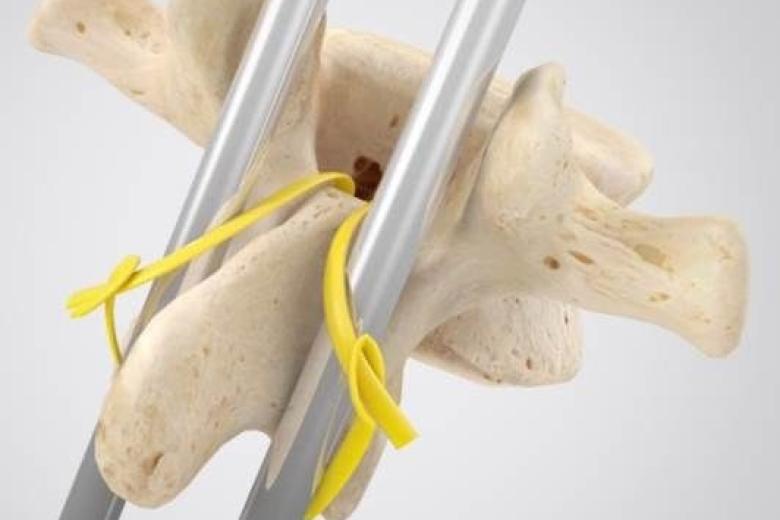Monitoring Bacteria in Crohn’s Disease
The bacterial composition of faeces in patients with Crohn’s disease appears to be a predictor of disease activity. This is the message presented by researchers at Maastricht UMC+ in the scientific journal Scientific Reports. The current standard for monitoring patients with this chronic intestinal condition is to carry out regular endoscopies. However, this technique is expensive, invasive and not entirely free of complications. Measuring microbial activity in faeces could offer an efficient and patient-friendly alternative.
Crohn’s disease is a chronic inflammatory disease of the intestines. The condition can be erratic with relatively quiet periods (known as remission) interspersed with active periods during which symptoms (abdominal pain, fatigue and blood loss) suddenly worsen. Patients must therefore be checked regularly by the specialist so that prompt action can be taken when necessary. With an endoscopy, it is possible to see any inflammation of the intestinal mucous membrane which is an indicator of disease progression. If necessary, medication can then be given to control the symptoms. However, conducting an endoscopy has its disadvantages, such as high cost and the risk of complications. Researchers are therefore looking for a new way to monitor patients better.
Prediction
Researchers at Maastricht studied the composition of bacteria in the faeces of 71 patients with Crohn’s disease. This provided almost 200 samples, 97 of which were taken during an active period of the condition, and 97 in a quiet period. The composition of the bacteria in the samples was determined by analysing the genetic material present. It was found that a specific bacteria profile could distinguish between patients in the active phase of the disease and patients in the remission phase. This means that more of certain bacteria are present in one period, but less in the other, and vice versa. In almost eighty per cent of the cases, a certain bacterial composition correctly predicted whether or not a patient was in the active phase of the disease.
Quality of life
Chronic intestinal conditions, including Crohn’s disease, significantly affect one’s quality-of-life, particular during periods in which the symptoms worsen. Various types of bacteria with names such as Ruminococcus, Roseburia and Blautia have been shown to be present during the active phases of the condition. “By determining the presence of these and other bacteria, we can draw up a profile and monitor the disease, as it were”, says principal researcher Dr Daisy Jonkers of Maastricht UMC+. “Although further research is still needed, this method may well provide an efficient and patient-friendly alternative to carrying out regular endoscopies in the future.” The Maastricht researchers also want to focus on researching changes in the composition of bacteria over time. This would mean that a worsening of the disease could be predicted sooner.
Also read
-
Capillary damage can lead to depression
The Maastricht Study specialises in conducting microcirculation measurements
-
Individual risk profile could help prevent dementia
Prevention of dementia potentially stimulated by drawing up personal risk profile (MUMC+ news).
-
New plastic fixation cable for scoliosis surgery
Less invasive operation, maximum vertebral growth, and no stray metal particles (MUMC+ news).